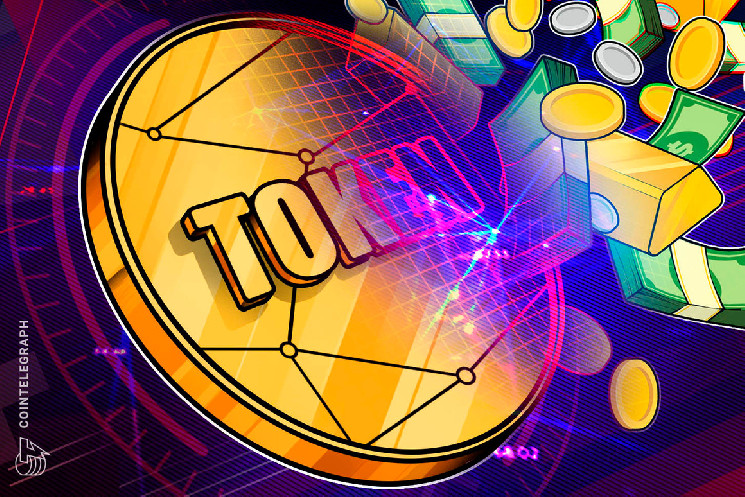
Is tokenization of securities the way of the future? In an interview with Raiffeisen Bank International, the bankers leading its blockchain research hub stated that indeed, by 2030, most securities will have been tokenized. To gain a deeper understanding of how blockchain technology can transform traditional stock exchanges, Cointelegraph Research compiled a dataset of all security token offerings and found that almost $5 billion was raised in 2020.
Cointelegraph’s first report on security tokens explains how bond and stock tokenization works, how many assets have already been tokenized, what returns they have provided, and how they are regulated in different countries.
A new opportunity
A recent trend is the self-custody of securities and the reemergence of bearer financial instruments. Tokenization of financial instruments allows investors to remove securities from an exchange and send them to a new exchange with a private key.
Exchanges can attract investors to deposit securities by offering them interest on their deposits for lending their securities to the exchange, which will in turn lend the shares to other borrowers. Exchanges may also allow investors to use their securities as collateral for loans or margin trading.
This will drastically change the demand for securities, as fewer investors will sell and trigger taxable events in order to acquire liquidity. The demand will also increase for attractive securities, as a global pool of investors will now be able to easily invest in securities in other countries.
The daily trading volume on Binance and FTX of tokenized traditional stocks, such as Tesla (TSLA), Coinbase (COIN), GameStop (GME) and Apple (AAPL), is exceeding the monthly trading volume for all security tokens on popular security token exchanges, such as tZERO, Merj, Open Finance Network and TokenSoft.
The daily trading volume for tokenized traditional stocks surpassed $4 million in one day on Binance and FTX in early May versus $3.9 million for the whole month of April on tZERO, Merj, Open Finance Network and TokenSoft. The total security token market capitalization is hovering around $700 million. This may surpass $1 billion by the end of Q3, 2021.
The 93-page report carefully curates industry expertise from 13 authors in six countries, all of whom work at the forefront of this capital market evolution. Insights include how bond tokenization works from blockchain application specialist Dominik Spicher at Crypto Finance AG in Switzerland and how regulations are impacting the security token markets in different countries from PricewaterhouseCoopers and the general council for Block.one.
